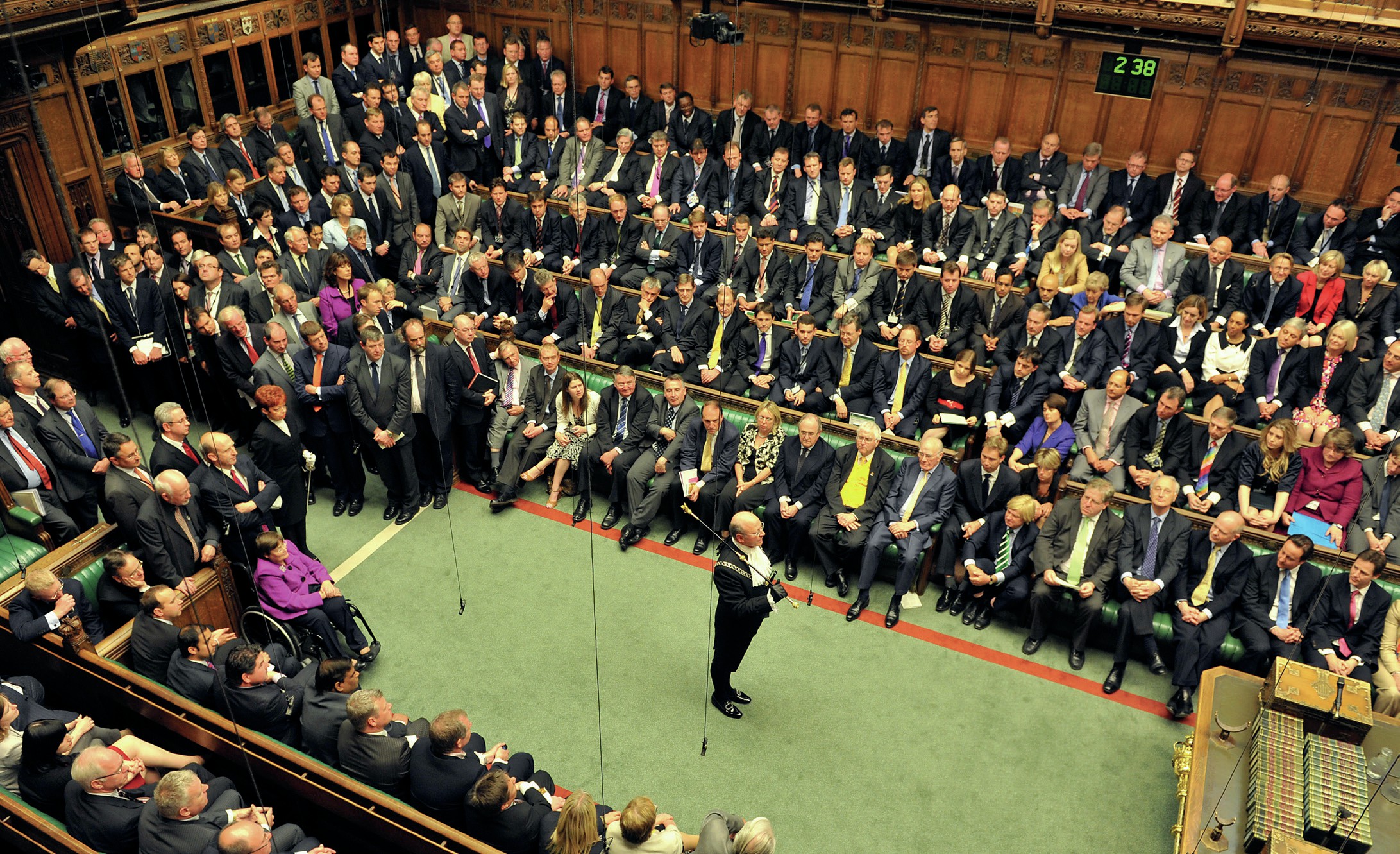
The concepts of adversarial and consensus politics explain different ways of organising political systems, parties and ideas. An adversarial political system is based on conflict between two powerful parties and sets of ideas, usually of similar strength, one of which will win. Here single party governments are usual. In contrast, a consensual system has a number of sides who are prepared to compromise and work together to make the system work, with coalition government being the norm.
The Westminster system is a good example of an adversarial system. Elections to the House of Commons operate on a two-party system. The adversarial nature of Westminster politics is exacerbated by the first-past-the-post (FPTP) electoral system which favours the two larger parties and penalises smaller ones.
Your organisation does not have access to this article.
Sign up today to give your students the edge they need to achieve their best grades with subject expertise
Subscribe




